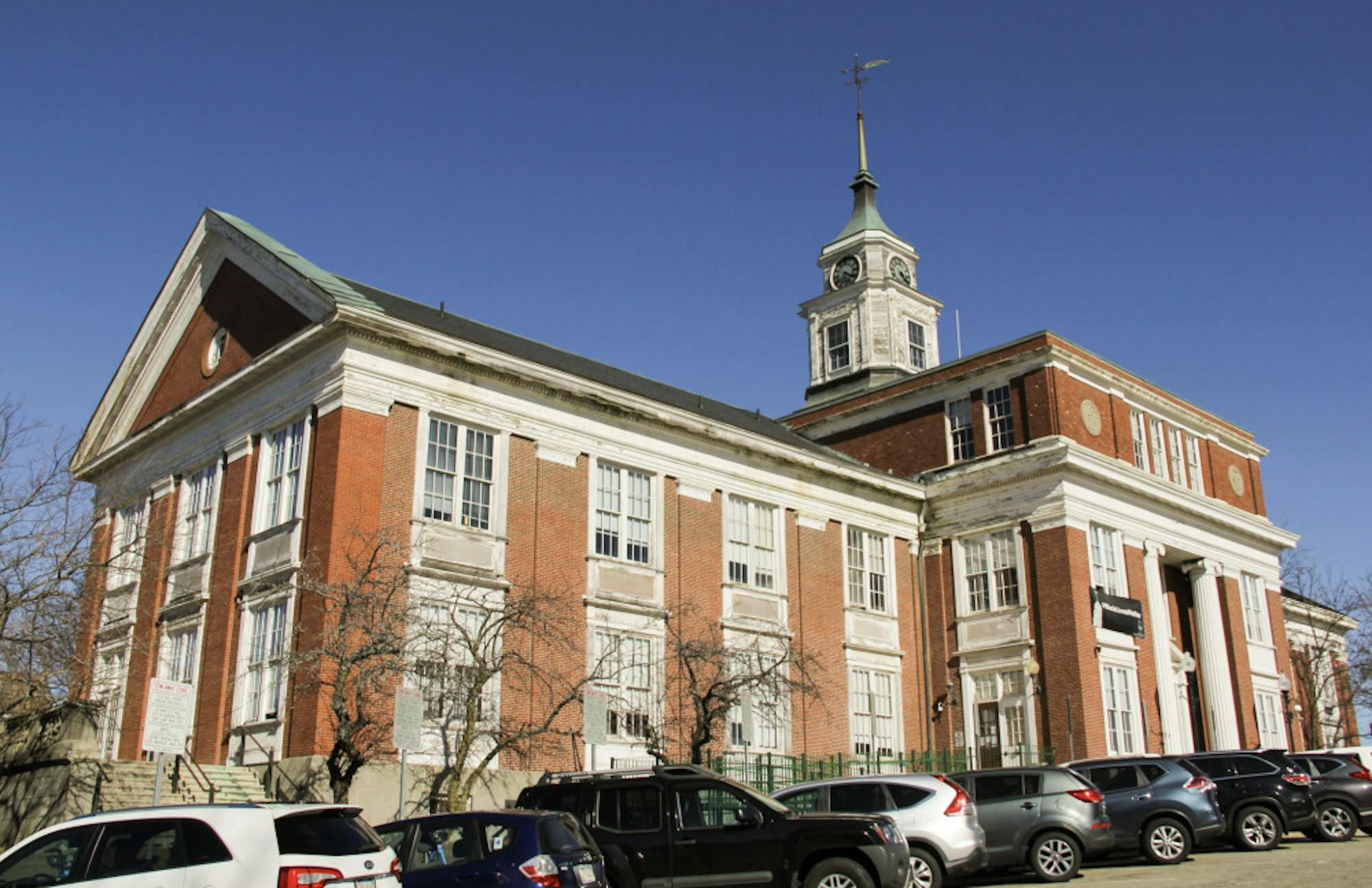In late August, the Somerville City Council unanimously passed a home rule petition creating a net-zero fossil fuel emissions policy for new construction projects and major renovations in the city. The policy was introduced by Councilors Ben Ewen-Campen and Lance Davis with support from Somerville Mayor Katjana Ballantyne.
This action builds on the city’s Climate Forward plan to combat climate change, which was first introduced in 2018. According to the Somerville Climate Forward framework, the city must reduce greenhouse gas emissions from new buildings to nearly zero in order to achieve its goal of carbon neutrality by 2050 — a goal set by former Somerville mayor Joseph Curtatone. The petition uses both “net-zero emissions” and “fossil fuel-free” to describe the city’s new mandate for major construction projects.
Back when the Somerville Climate Forward plan was drafted, Massachusetts law did not allow municipalities to enact their own energy codes, making it difficult for Somerville to advance its climate goals. But on Aug. 11, Massachusetts launched a pilot program to allow 10 municipalities to adopt home rule petitions banning the use of fossil fuels in new construction. The Somerville City Council passed one such home rule petition — which is a formal request to the state government to grant the city a new type of power, in this case the power to place restrictions on building construction and renovation — two weeks later.
Massachusetts’ new climate law allows cities to impose net-zero emissions requirements so long as those requirements do not apply to hospitals and laboratories — which are heavy energy users.
“While Somerville ‘has made some progress toward reducing its dependence on fossil fuels, that progress is insufficient to make the necessary changes to shift Somerville’s economy to be more equitable and ecologically sustainable,’” the petition reads, quoting the City Council’s 2019 Green New Deal Resolution.
“Net-zero emissions building construction is an established, achievable standard, demonstrated through proposed and constructed buildings in Somerville,” the petition continues, citing energy efficient building design strategies, thermal heating, building electrification and on- and off-site renewable energy systems as potential methods of building emissions reduction.
Somerville joins other Massachusetts municipalities that have passed similar home rule petitions, such as Brookline and the Town of West Tisbury on Martha’s Vineyard.
Jennifer Reilly, the communications specialist at Tufts’ Office of Sustainability, explained that the university has been paying attention to carbon neutrality in its construction projects since before Somerville passed its home rule petition.
“Net zero emissions … is already considered in all current and future building and renovation projects,” Reilly wrote in an email to the Daily.
Reilly discussed the connections between Somerville’s petition and Tufts’ own sustainability goals.
“In 2016, President Monaco committed Tufts to achieving carbon neutrality as soon as possible, but no later than 2050,” Reilly wrote. “Tufts Medford/Somerville campus has a decarbonization plan that the Operations Division is working on to reduce our carbon emissions as much as possible and then offset the small amount that is left over.”
Reilly also emphasized Tufts’ commitment to combating climate change.
“Tufts is committed to being a leader in sustainability by setting ambitious climate goals and piloting innovative solutions,” Reilly wrote. “We have aligned our climate action with the needs and goals of our neighboring communities.”
Senior Julia Silberman, one of the leaders of Tufts Climate Action, discussed the importance of taking concrete steps towards carbon neutrality.
“I know Tufts [like Somerville] also has a goal of [carbon neutrality by 2050], and sometimes if these goals are set to a very far out year, people aren’t so much worried about them,” Silberman said. “It sounds like Somerville is making some good progress toward … this goal.”
Silberman suggested that Tufts can make better progress toward achieving carbon neutrality by working with its host communities.
“Tufts has their carbon neutrality plan. It definitely isn’t as comprehensive as it could be,” Silberman told the Daily. “I think it could be valuable for them to look towards the surrounding community to see how other places are implementing carbon neutrality.”
She expressed concern that Tufts might use the legal exemption for laboratories in Massachusetts law to circumvent the ban on fossil fuels in all new construction.
“But I’m not sure how Tufts is going to react,” Silberman added.
However, Reilly noted that some of Tufts’ recently constructed laboratories such as the SEC have been designed to use “70% less energy than a typical lab building,” even though laboratories are exempted from regulation.






